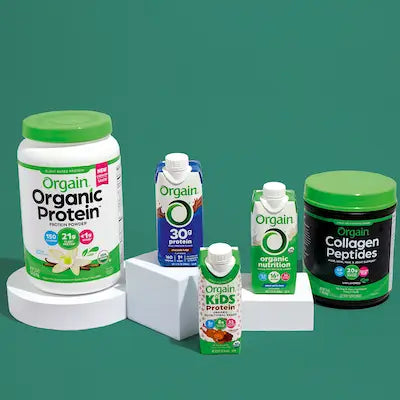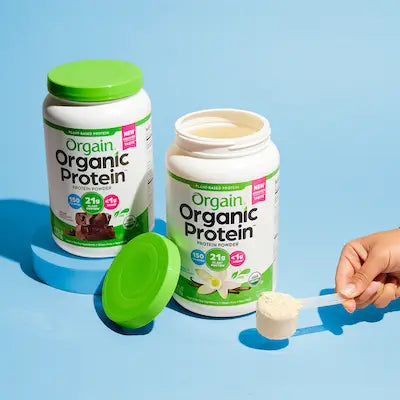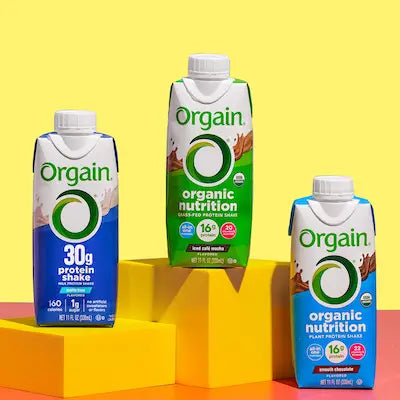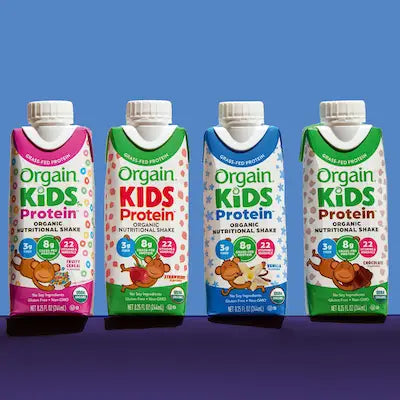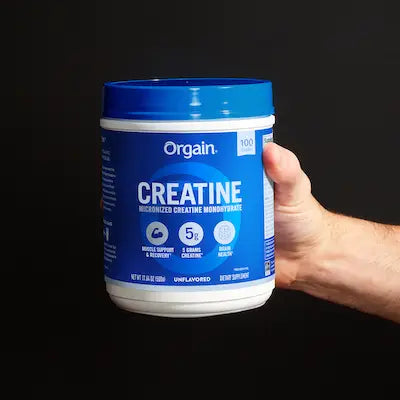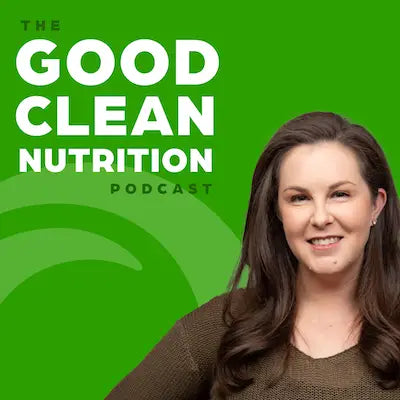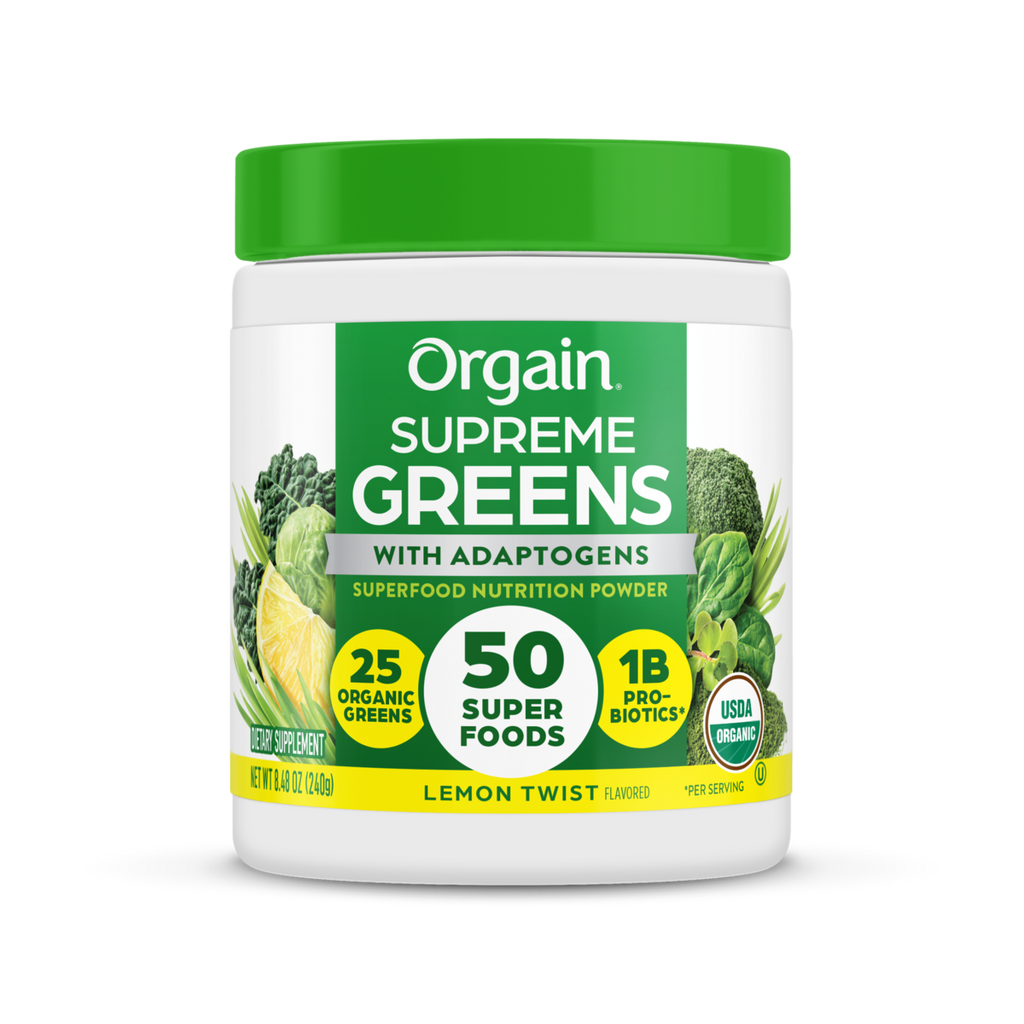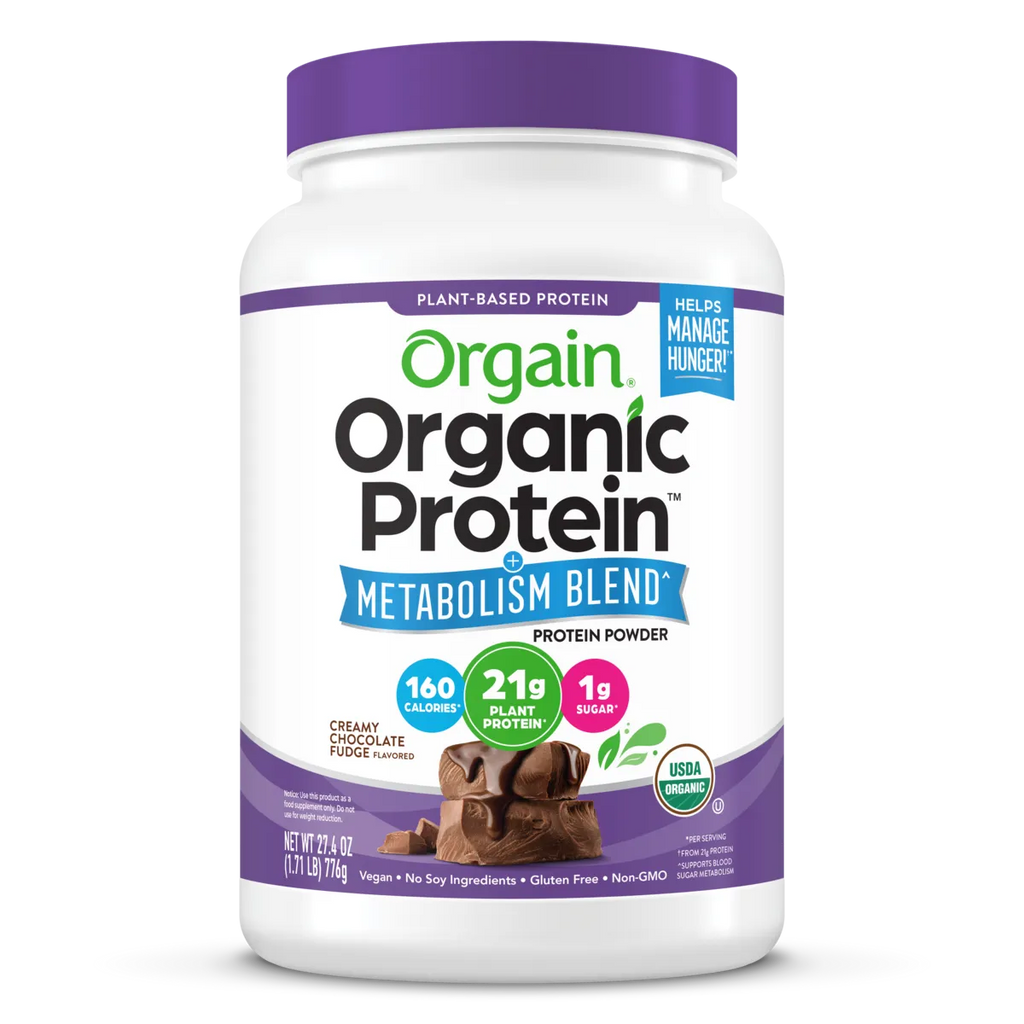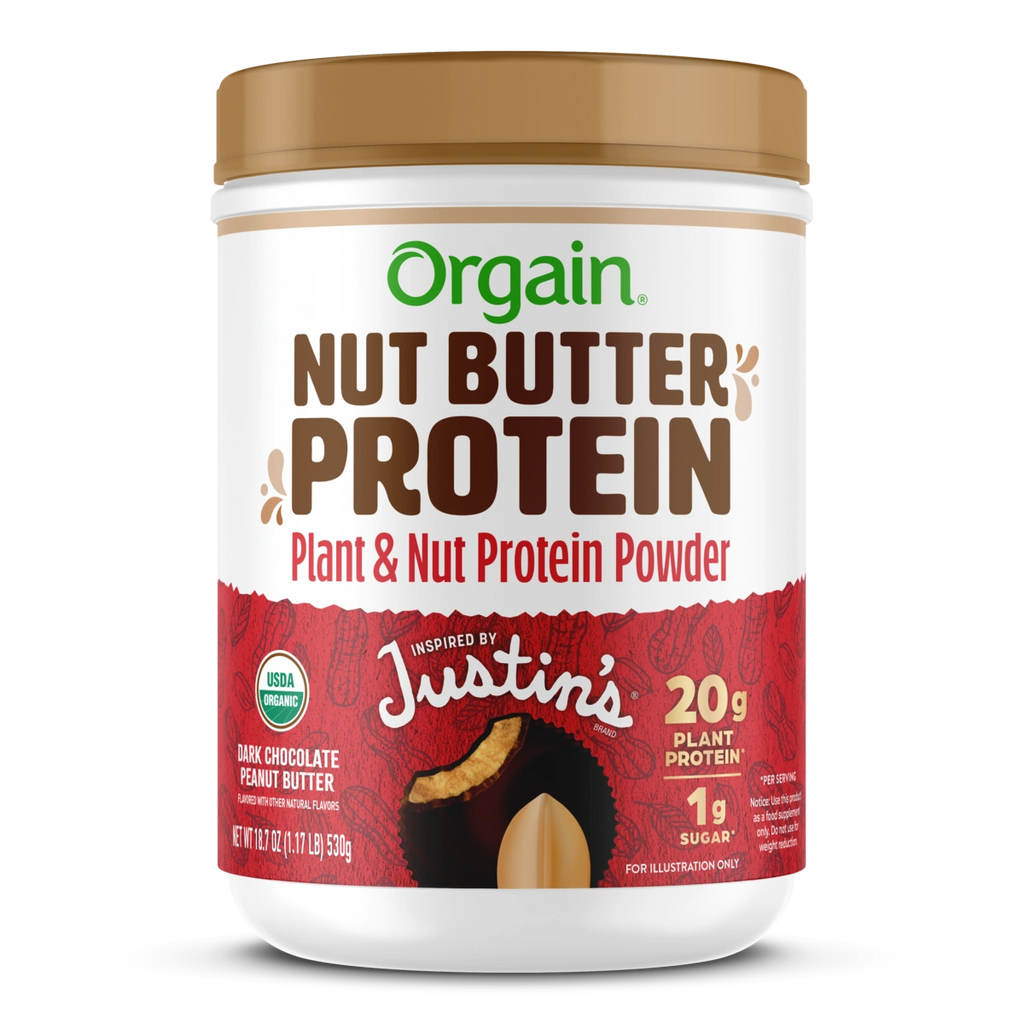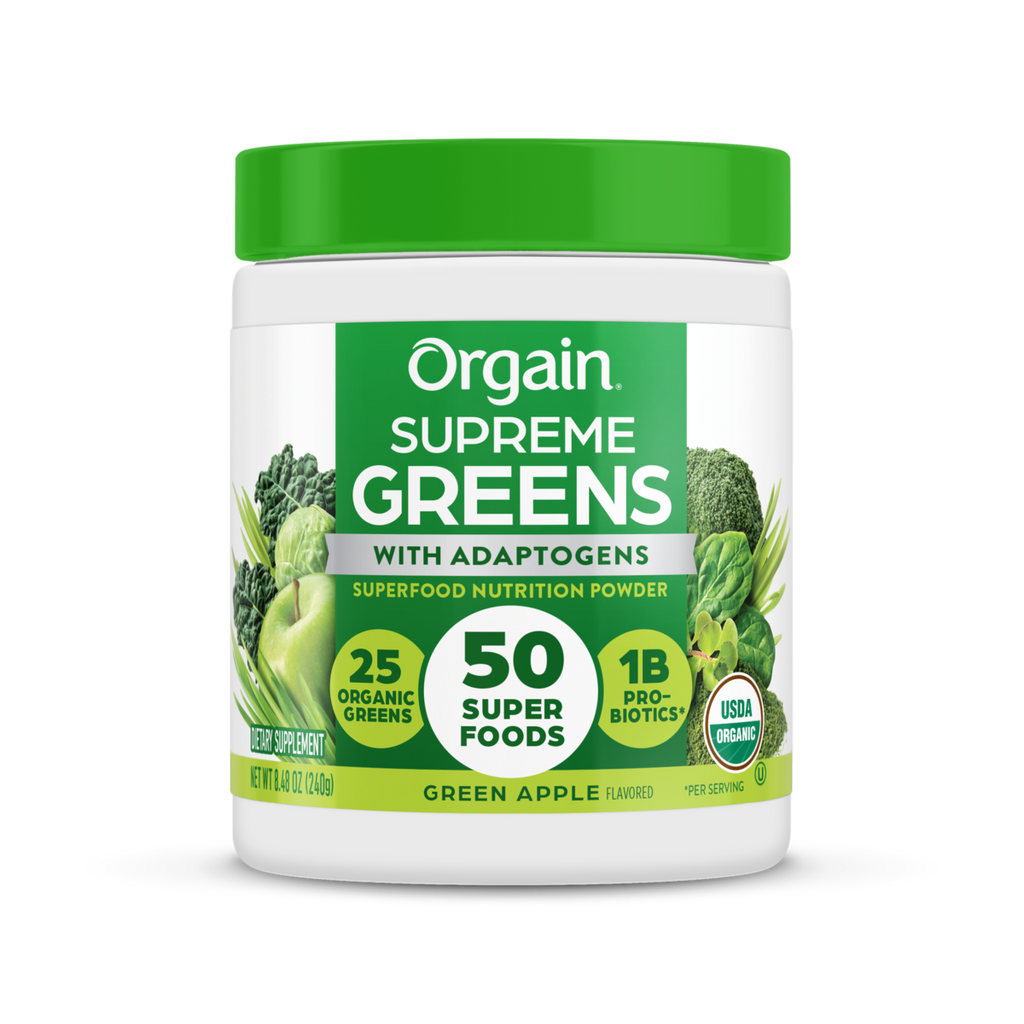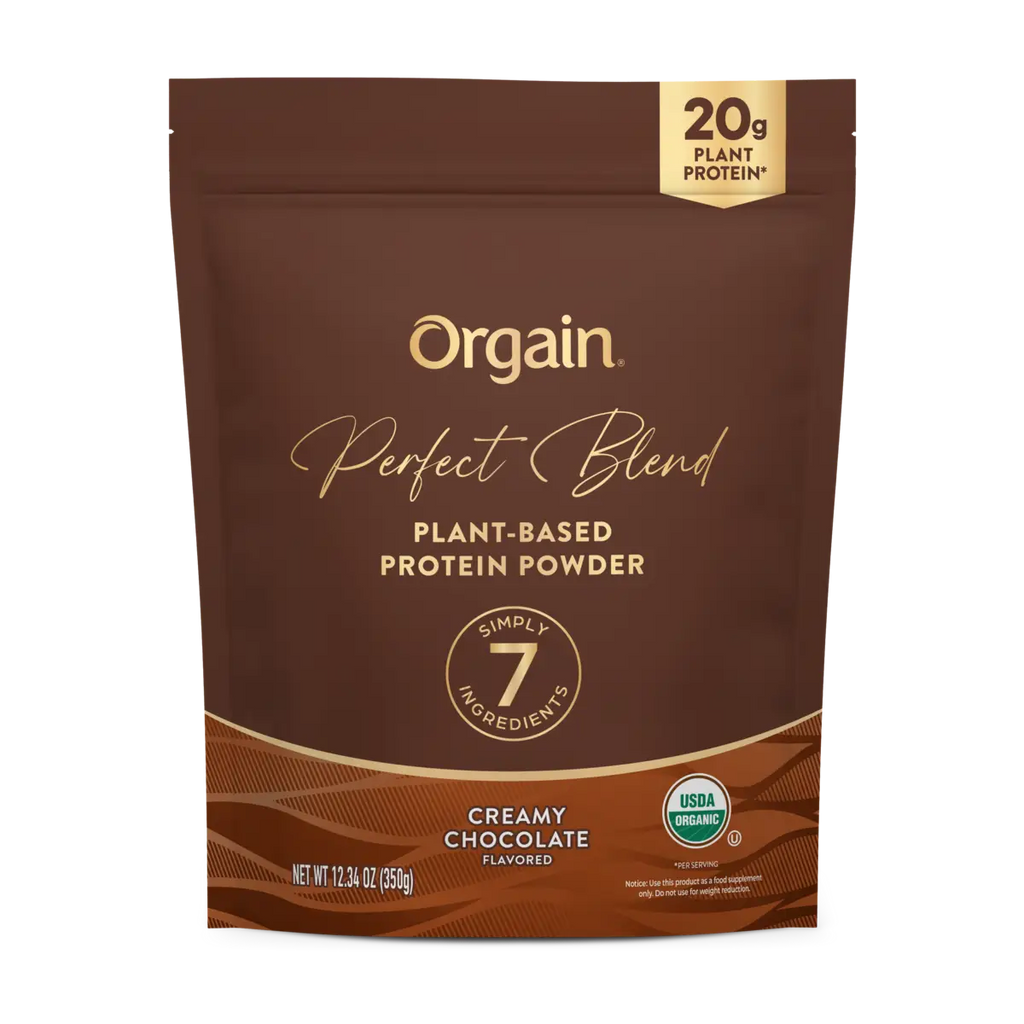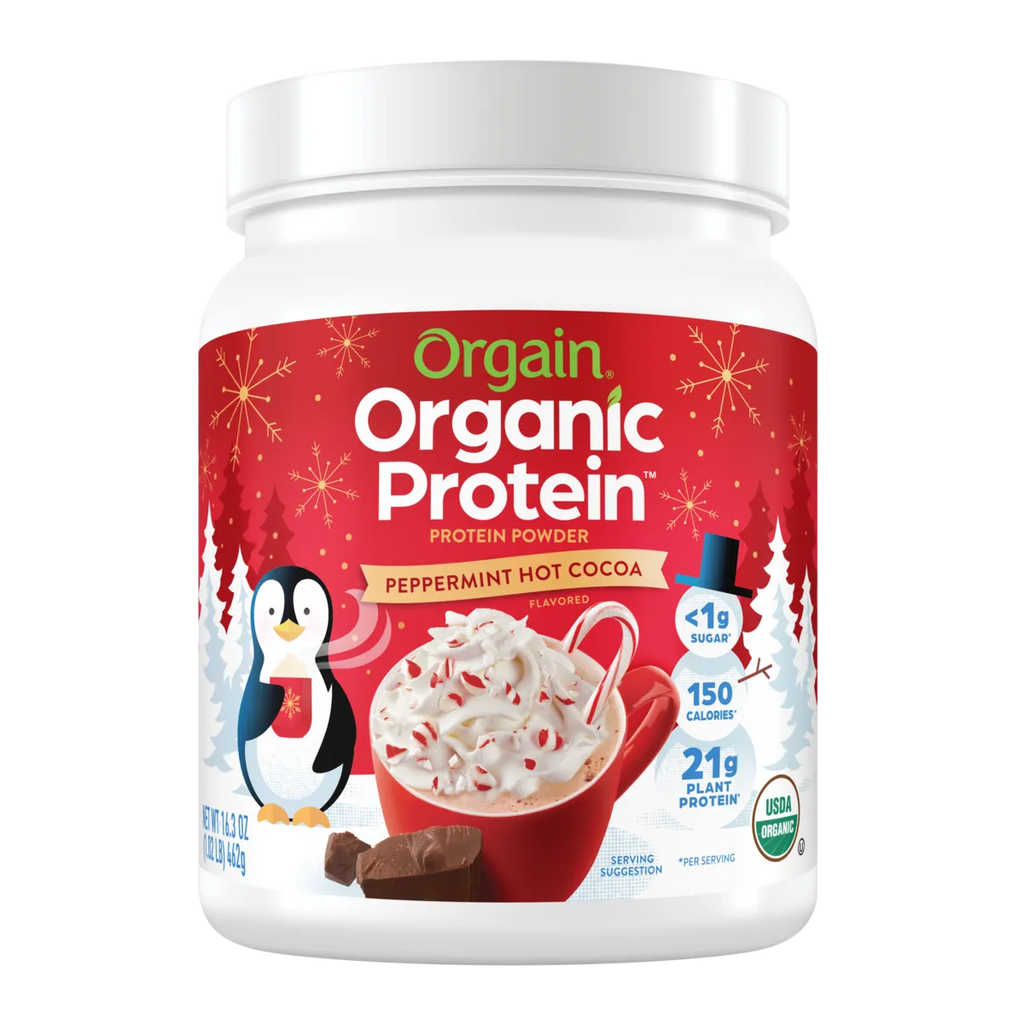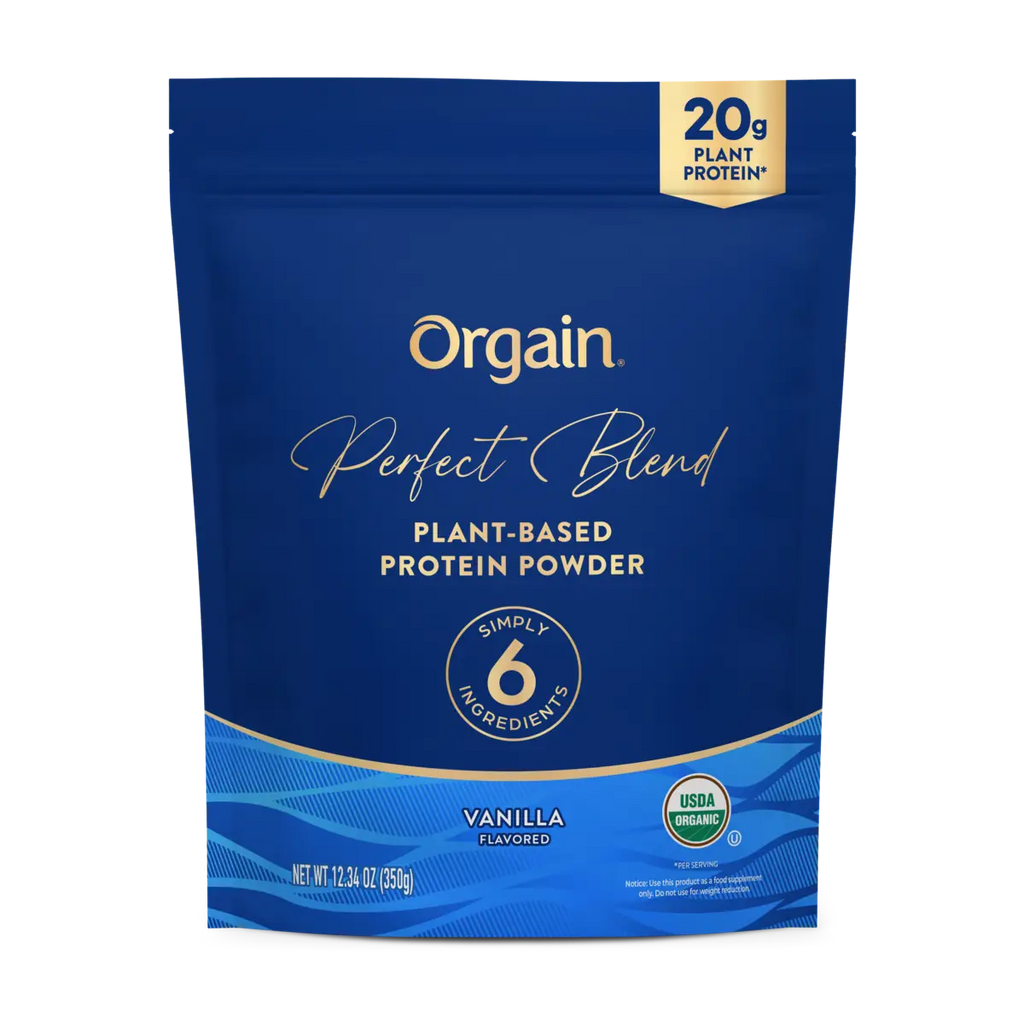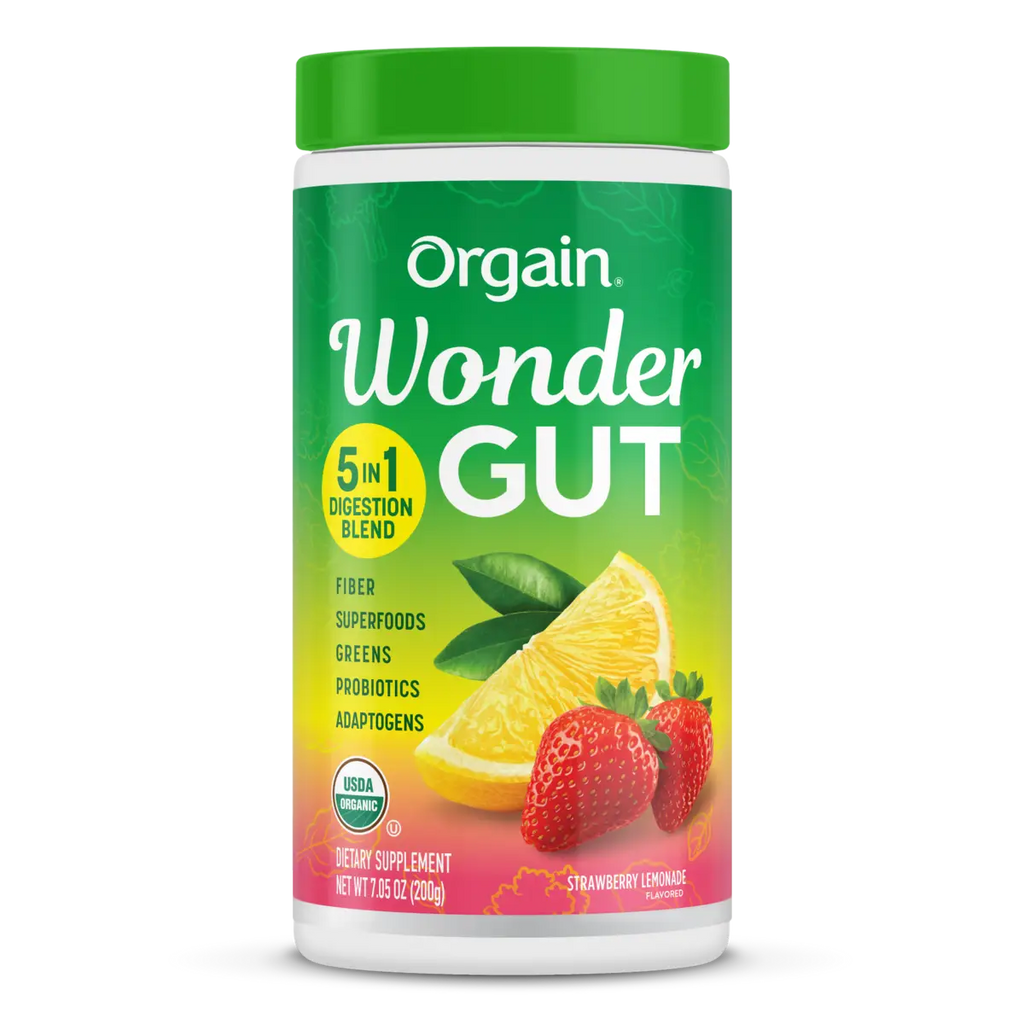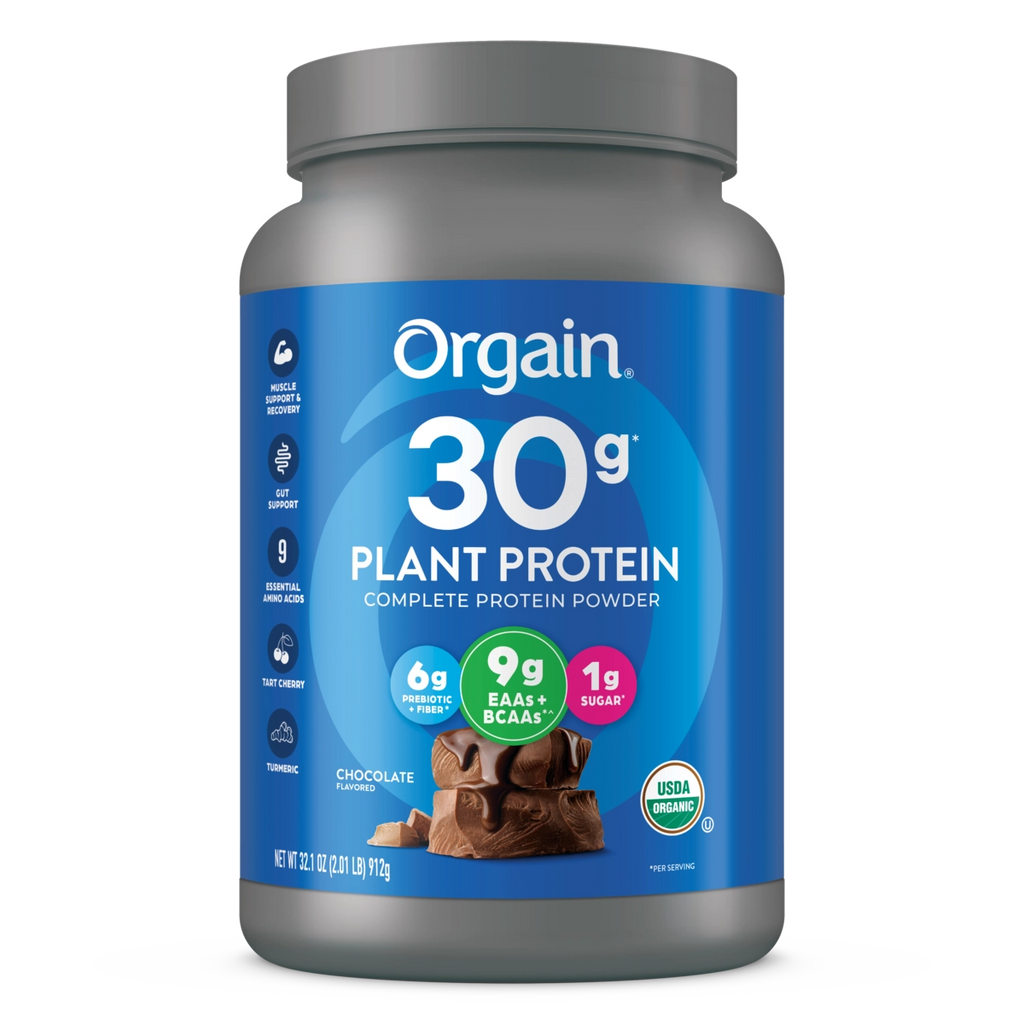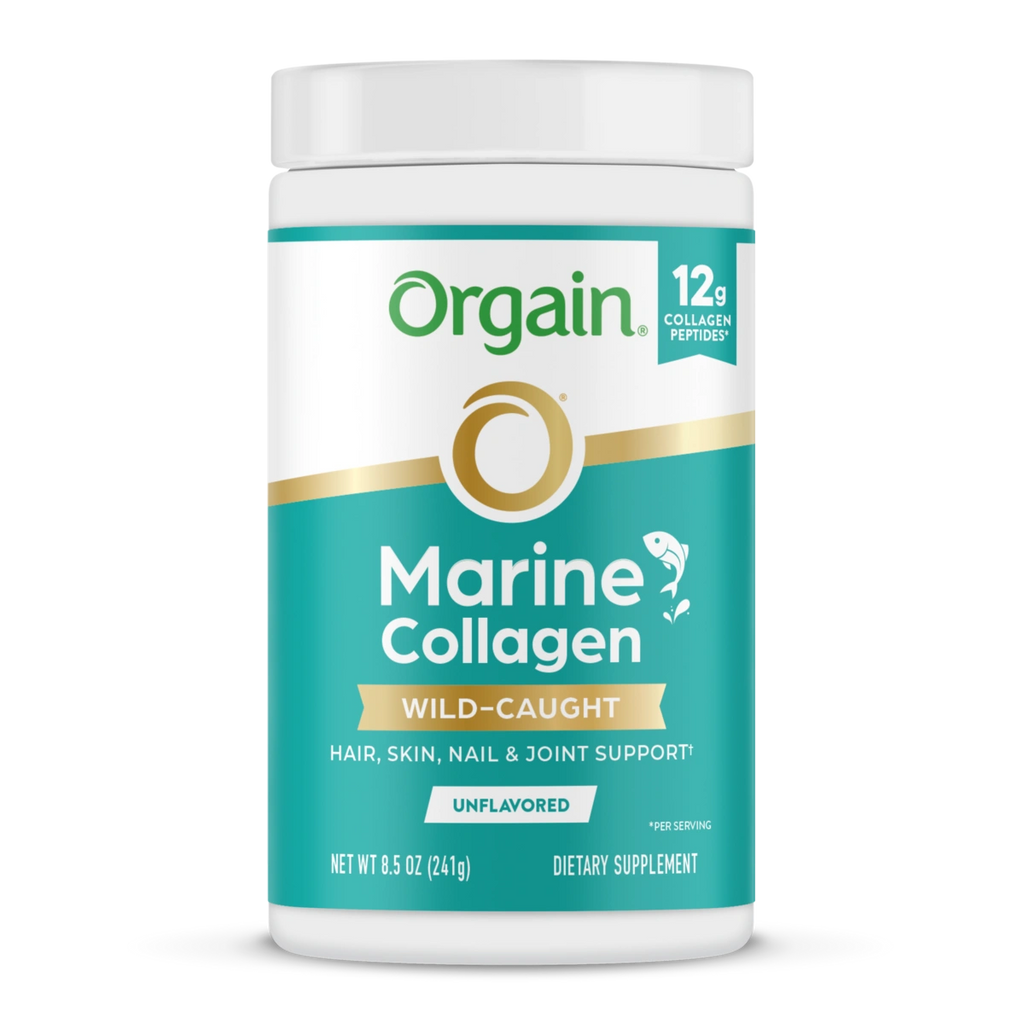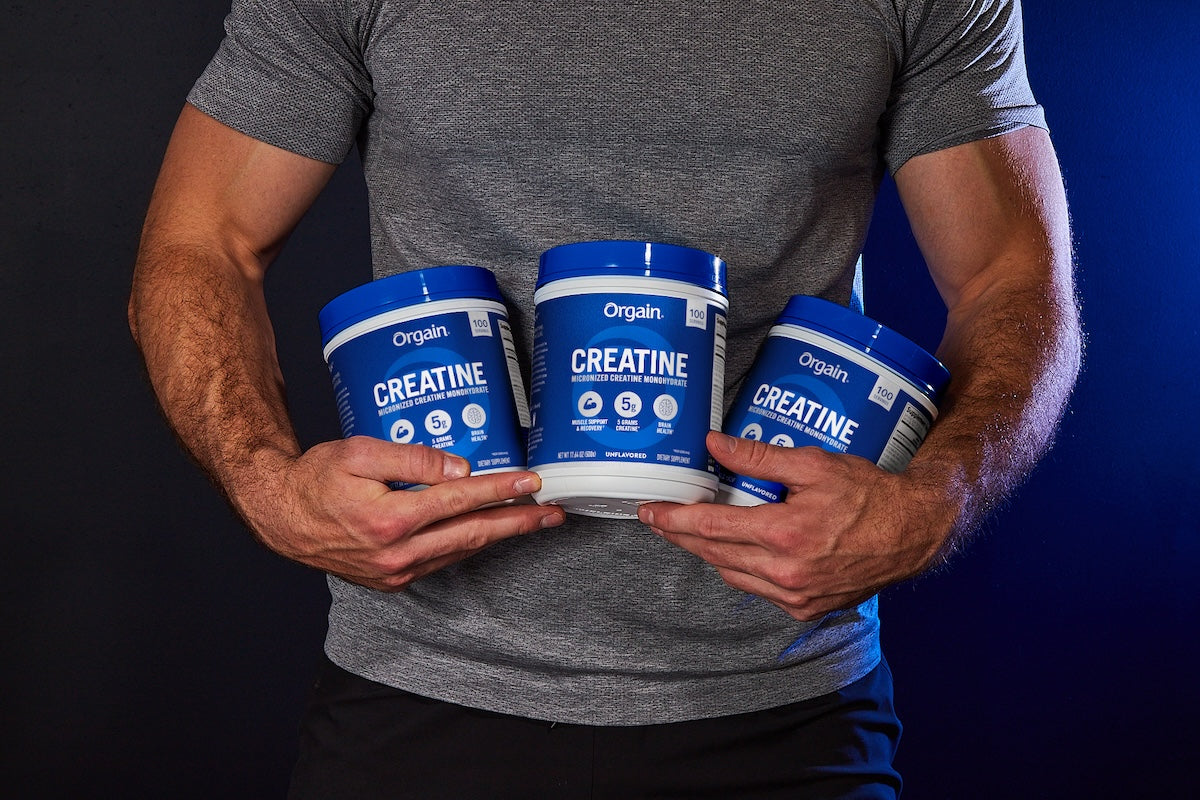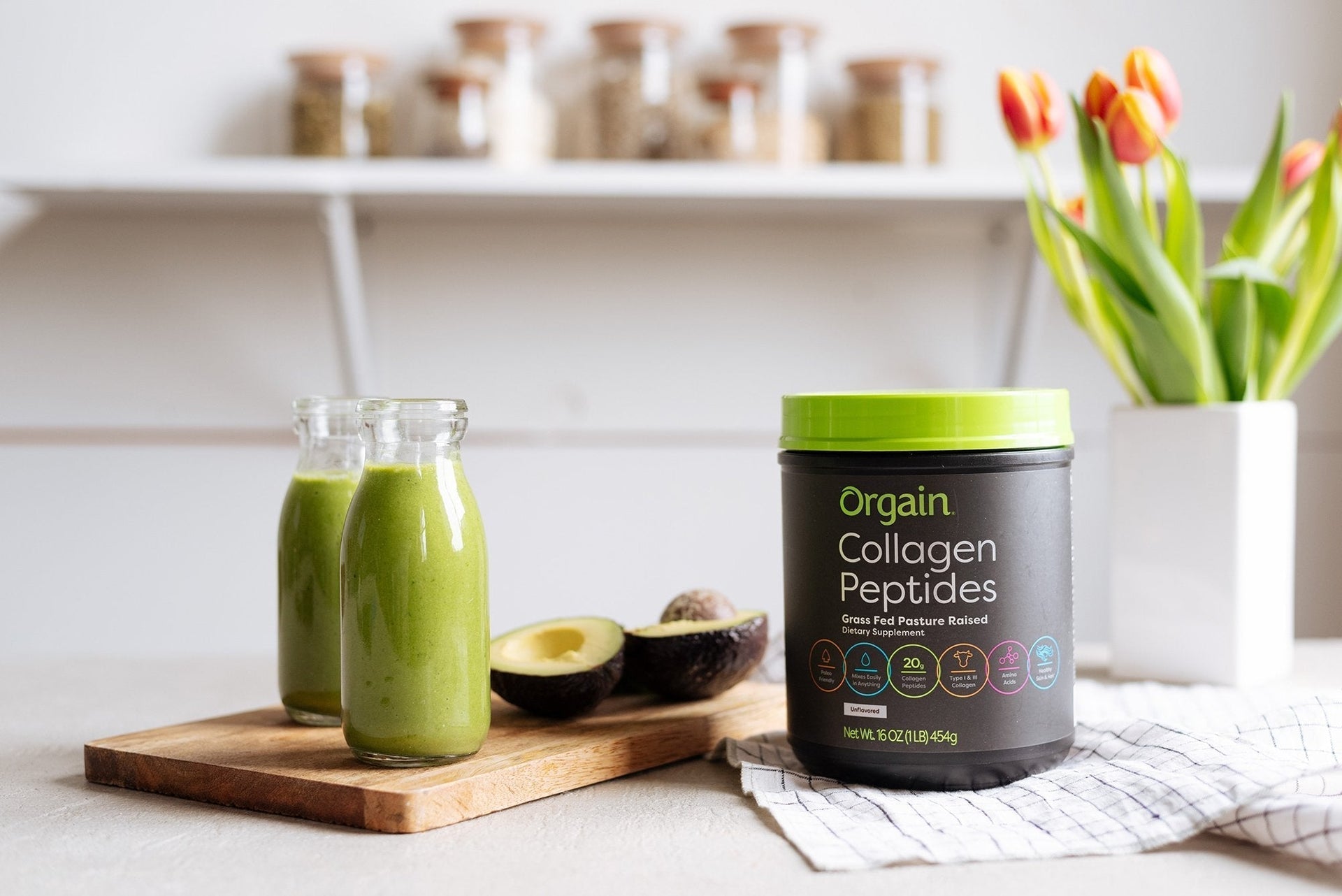If you’re trying to lose weight, you’ve likely heard about low carbohydrate diets. Two of the most popular low carbohydrate, or low carb, diets are the ketogenic (keto) diet and the Atkins diet.
Although both the keto diet and the Atkins diet restrict carbohydrate intake as a weight loss mechanism, they have a number of differences. When it comes to keto vs. Atkins, how do they differ?
What is the keto diet?
The ketogenic, or keto, diet is a low carbohydrate diet that has actually been around since the 1920s. In the 1920s and 1930s, the keto diet was recommended as a treatment for epilepsy in patients who did not respond to other treatments for their seizures.
The diet was highly popular and effective in the treatment of epilepsy, particularly in children, but fell out of favor with the invention of modern antiepileptic drugs. Today, the keto diet is primarily used as a weight loss tool; it emphasizes a very low carb, moderate protein, and high fat diet.
The goal of the keto diet is to transition the body into a metabolic state called ketosis.
In ketosis, the body uses fat as its primary energy source rather than the glucose, or sugar, found in carbohydrates. The diet is so named because during ketosis, the body runs on compounds that are formed when the fat in your food or in your body is broken down, called ketones.
In order to send the body into ketosis, people need to limit their total carbohydrate intake to 20 to 50 grams of carbs per day; the amount required for each person to achieve and maintain ketosis is slightly different.
The recommended macronutrient ranges for the ketogenic diet include:
- 5 percent carbohydrates
- 10 to 30 percent protein
- 65 to 90 percent fat
What is the Atkins diet?
The Atkins diet is one of the original commercial low carbohydrate diets and is one of the best known and most popular diets worldwide.
In general, the Atkins diet promotes low carbohydrate, moderate protein, and high fat intake.
Although there are a number of different plans available under the Atkins umbrella, the original Atkins diet is the most popular and is broken down into four phases. Each phase consists of a set amount of net carbohydrates per day, which is calculated by adding up your total carbohydrate intake and subtracting fiber and sugar alcohols.
The four phases of the Atkins diet include:
- Phase 1: The introductory phase of the Atkins diet directs followers to eat 20 to 25 grams of net carbohydrates per day until they are 15 pounds from their goal weight
- Phase 2: After reaching the 15 pound mark, followers move into phase 2. Phase 2 allows 25 to 50 grams of net carbohydrates per day until the follower is 10 pounds from their goal weight.
- Phase 3: Phase 3 raises the net carbohydrate allowance to 50 to 80 grams of net carbs per day until the follower reaches their goal weight and has maintained it for one month.
- Phase 4: After maintaining their goal weight for a month, the follower is able to consume 80 to 100 grams of net carbs per day for ongoing maintenance.
It should be noted that while 100 grams of carbs might seem like a lot, it is still substantially less than what the average person eats in a day. The American diet typically includes about 50 percent carbohydrates, or about 250 grams of carbohydrates for a person eating 2,000 calories per day.
What are the differences between the keto diet and the Atkins diet?
Although the keto diet and the Atkins diet are both diets that emphasize low carbohydrate intake, there are important differences between the two approaches.
Both the Atkins diet and the keto diet are considered “moderate protein” diets, but the ketogenic diet allows for up to 20 percent of calories from protein while the Atkins diet allows for up to 30 percent of calories from protein, depending on which phase of the diet a person is in.
The Atkins diet uses a phased approach that gradually increases the amount of carbohydrates allowed each day, which takes the body out of ketosis after Phase 2. The keto diet requires that the person continue to limit their carbohydrate intake for the long term in order to maintain ketosis. As a result, the later phases of the Atkins diet are less restrictive and allow for the consumption of a wider range of foods and do not require maintaining ketosis.
How are the keto diet and the Atkins diet similar?
Both the ketogenic diet and the Atkins diet are low carb diets that restrict carbohydrates in order to promote weight loss. Phase 1 of the Atkins diet closely resembles the ketogenic diet, and phase 2 can also be similar to the ketogenic diet depending on a person’s specific requirements for ketosis.
Both diets reduce the overall consumption of calories by emphasizing a reduction in carbohydrates, although each diet focuses more on macronutrient amounts than calorie intake in general. However, the reduction of refined carbohydrates like pasta, bread, potato chips, sodas, and sweets lowers overall calorie consumption for most people.
What health benefits are associated with low carb diets?
Low carbohydrate diets have become increasingly popular over the last several decades for a variety of reasons. While the keto diet and the Atkins diet are often touted for their weight loss benefits, they also are associated with other health benefits as well.
When it comes to weight loss, low carbohydrate diets like the keto and Atkins diets have been found to preserve more muscle mass during weight loss compared to low calorie diets. As a result, the weight loss associated with low carb diets is more likely to be fat loss as compared to muscle.
Low carb diets can also be effective at helping to control blood sugar levels. The American Diabetes Association includes low carb diets as a safe and effective treatment option for people with type 2 diabetes, and low carb diets help improve levels of A1c and lower the need for diabetes medications. Because refined carbohydrates cause blood sugar levels to spike, a low carb diet is a healthy way for people with diabetes to manage their condition and lose weight simultaneously.
Low carb diets like the keto diet and the Atkins diet may also help promote heart health by reducing triglyceride levels and increasing the amount of HDL (good) cholesterol in the body, helping to lower total cholesterol levels. As a result, people adhering to a low carb diet may be at a lower risk of developing heart disease.
Summary
The keto diet and the Atkins diet both emphasize low carbohydrate intake in order to achieve weight loss goals, but the keto diet is considered more restrictive than the Atkins diet.
In order to ensure that your body’s protein needs are being met, followers of low carb diets can use low carb protein powders from Orgain to help them achieve their health and weight loss goals in conjunction with diet and exercise.
Sources:
https://www.healthline.com/nutrition/atkins-vs-keto
https://pubmed.ncbi.nlm.nih.gov/19049574/
https://pubmed.ncbi.nlm.nih.gov/28758964/
https://www.everydayhealth.com/ketogenic-diet/diet/ketogenic-diet-vs-atkins-diet-how-they-differ/
https://www.medicalnewstoday.com/articles/326324
